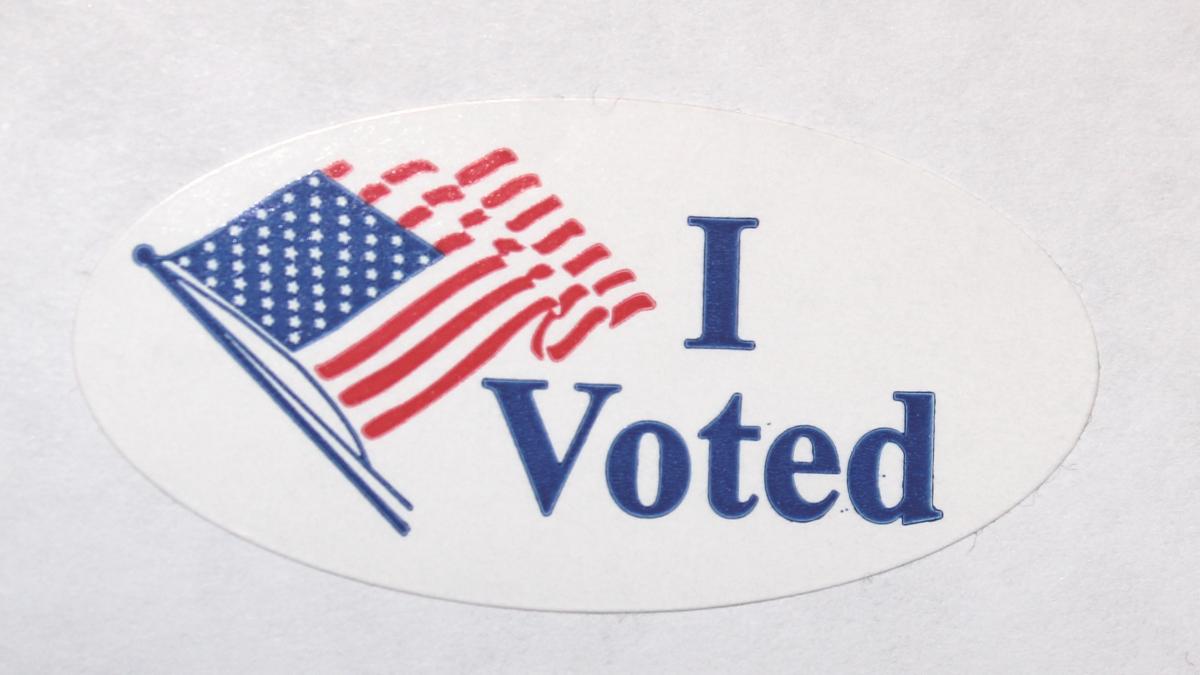Kerby Anderson
Tomorrow is the election. You may have already voted, like tens of millions of Americans. But if you haven’t voted, I encourage you to vote because your vote might make the difference. And even if you have already voted, you may know people who aren’t planning to vote because they believe their vote won’t make any difference.
In the past, many groups circulated articles and e-mails talking about the importance of one vote. In the last few elections, we haven’t needed these reminders because some of the elections in the last few decades provide numerous illustrations.
Over the years, I have collected some stories of elections that resulted in a tie. You can’t get any closer than that. Consider the story of Penny Pullen in Illinois. A number of years ago, it appeared she lost a primary election by 31 votes. However, there were many irregularities in the ballots. Judge Francis Barth concluded that the election was a draw and ordered a coin toss. So, she lost the election on a coin toss. Later she found out that many members of her church hadn’t bothered to vote in the primary election and that could have made a crucial difference.
In 2006, there was an even more interesting story of an electoral tie. William Crawford and Jean Miller both received an identical number of votes in an election in Ohio. William Crawford was especially upset. You might ask why. Well, it turned out that his two sons failed to vote that day. His son Jim lives across the street from him. His other son Andy is a college student who lives at home with him. Neither took the time to go to the polls.
Would the outcome of these elections be different if a few people in Penny Pullen’s church had bothered to vote or if either of William Crawford’s sons had bothered to vote? Does one vote count? Just ask Penny Pullen or William Crawford. 
 Listen Online
Listen Online Watch Online
Watch Online Find a Station in Your Area
Find a Station in Your Area










 Listen Now
Listen Now Watch Online
Watch Online
